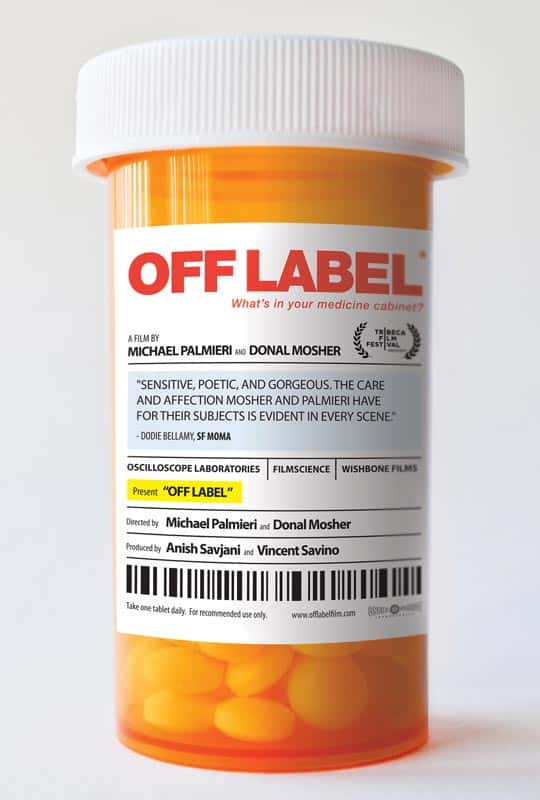
A Harvard Medical School study just revealed that limiting sales representative access reduced off-label prescriptions of previously detailed drugs. The Harvard study focused on academic medical centers, specifically institutions that established restrictions, according to Medical Marketing and Media. Restrictions included: no representative access, limited representative access, or sample bans that were put in place between […]
 A Harvard Medical School study just revealed that limiting sales representative access reduced off-label prescriptions of previously detailed drugs.
A Harvard Medical School study just revealed that limiting sales representative access reduced off-label prescriptions of previously detailed drugs.
The Harvard study focused on academic medical centers, specifically institutions that established restrictions, according to Medical Marketing and Media. Restrictions included: no representative access, limited representative access, or sample bans that were put in place between 2006 and 2009.
The researchers studied antidepressants and antipsychotics prescribed to children for the test case. Off-label prescribing involved either exceeding the recommended dose of a medication or going beyond what the U.S Food and Drug Administration (FDA) approved as an indication for a drug, according to Medical Marketing and Media. Brands with a generic equivalent were the only types of medications involved. The team indicated that they chose this age group and these medications because 40 percent of these drugs are prescribed off-label when given to children between the ages of 6 and 17. Also, financial punishments in these cases—consider Johnson & Johnson’s off-label marketing of its antipsychotic, Risperdal, or Eli Lilly’s, Zyprexa—“have had little impact on rates of off-label use.”
According to Medical Marketing and Media, the team discovered that
The research team indicated, wrote Medical Marketing and Media, the decreases may have been the result of two factors:
The results also found that prescriptions for off-label uses of so-called “non-detailed” drugs rose 34 percent after the limits were put in place, according to Medical Marketing and Media. The team indicated that this apparent contradiction was due either to physicians not being aware of the FDA’s approved indications for the medications and/or a drug’s black box warnings, or physicians prescribing drugs off-label when no other treatments have been successful.
Both factors, wrote the researchers, show the strong impact that detailing has on a physician’s prescribing habits as being “more than FDA” approved. The team also wrote that “merely removing the sales representative is not necessarily enough to drive prescribing towards completely evidence-based use” and that more work is needed to ensure that doctors are made aware of a drug’s approved uses, wrote Medical Marketing and Media.


